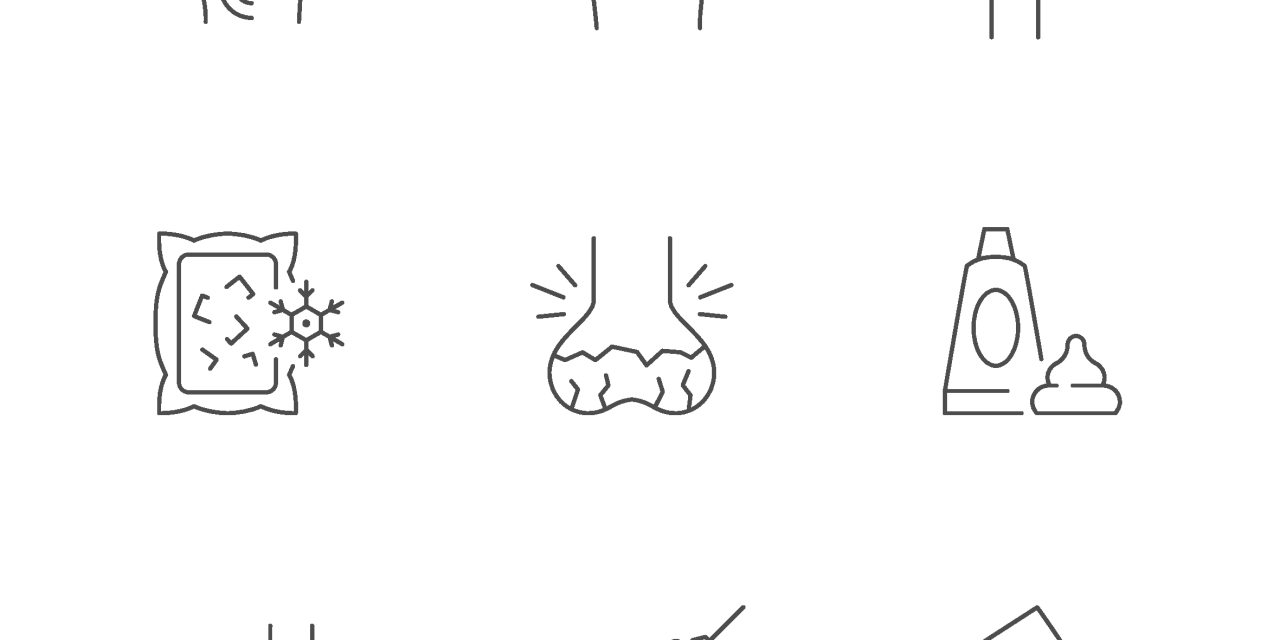Patients suffering from juvenile idiopathic arthritis (JIA) frequently exhibit signs and symptoms resembling a severe bacterial infection (SBI). Procalcitonin (PCT) is an increased biomarker in SBI. A comparative cohort research was carried out to investigate the hypothesis that PCT levels differed between active JIA, quiescent JIA, bacteremic patients, and healthy controls. From October 2016 to May 2018, children aged 6 months to 18 years were recruited from clinics at a musculoskeletal specialist hospital with (a) active untreated JIA, (b) quiescent JIA, or (c) healthy elective pre-surgical candidates. The International League of Associations for Rheumatology criteria were used to identify juvenile idiopathic arthritis. A previous study’s clinical data and blood samples that met the same criteria were included. During the same time span, many bacteremic patients were detected. Procalcitonin and other typical inflammatory markers were evaluated. Descriptive statistics as well as univariate logistic analysis were used. A total of 92 study participants were recruited. In bacteremic individuals, erythrocyte sedimentation rate, C-reactive protein (CRP), and PCT levels were all higher than in the other groups. The erythrocyte sedimentation rate and CRP exhibited large ranges that overlapped across groups; however, the PCT concentration was 0.15 g/mL or more in 1 of 59 JIA patients, but 0.15 g/mL or less in just 1 bacteremic patient.
According to our findings, serum erythrocyte sedimentation rate, CRP, and PCT levels are all indicators that may be utilised to differentiate SBI from active JIA at presentation. PCT, on the other hand, is the most precise, with the least overlap between individuals with infection and those with noninfectious inflammatory arthritis. This discovery can assist physicians in directing therapy.


